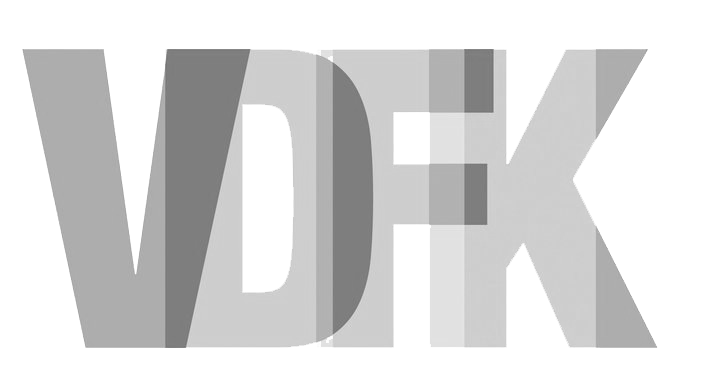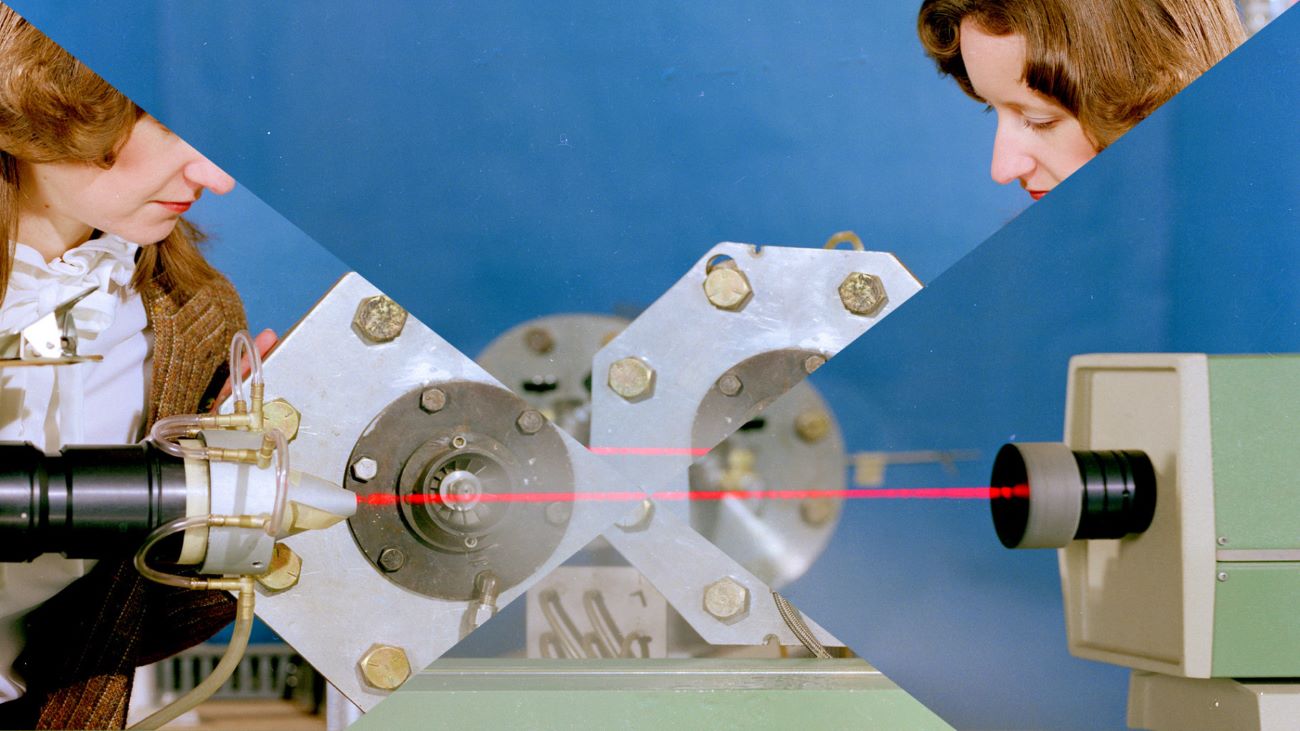Blog #2/21 Into the Unknown... and Other Random, Existential Worries
By Wilfred Okiche
In the 1957 American film The Incredible Shrinking Man the titular character is enveloped by a strange fog and discovers that his body is shrinking. With no cure for his condition, he spends the rest of his days as a recluse – unseen and uncared for – pondering his fate in the great, grand design of life. Based on the book The Shrinking Man by Richard Matheson, the big-screen adaptation, directed by Jack Arnold, comments on a broad range of ideas while at the same time centers on the dramatic impulses of the protagonist’s journey.
The concerns are existential, the questions – philosophical. What is the purpose of life, and what is the role of the human being in it? How inconsequential is life really, and why does it take only disruptive forces for people to come to terms with their powerlessness? Why do we spend so much of our lives seeking to control nature and bend its forces to our whims, when they will always have the last say anyway? What is on the other side of life, and why do we fear it so much? How much has control really given us, and when do we accept that we are rarely ever in control of anything?
Arne Hendriks, Amsterdam-based artist and speculative researcher, is obviously a fan of The Incredible Shrinking Man, as its themes converge with some of Hendriks’ career interests. His work has long queried the usefulness of continuous growth and shrinkage, so he has studied communities like the Mbuti pygmies in the Democratic Republic of the Congo. Hendriks’ lecture at Berlin Critics’ Week, titled Shrinking Towards Abundance: Learning from Mad Science Hollywood, culls heavily from his academic and speculative research work.
His ongoing project, The Incredible Shrinking Man, marvels at the consequences of downsizing the human species to at least 50 centimeters. Instead of growing and adapting, our best form to suit Darwin’s natural selection theory, what if we decided to turn this trend on its head, using our knowledge not to compete for space or resources but to shrink mankind? What benefits could come out of radical thinking such as this? Is it even radical, if there is already documented proof that the smaller people are, the less likely they are to get, say, cancer or diabetes, two of the biggest scourges of the developed world?
The coronavirus pandemic has upended global economies and supply chain systems, in many ways forcing a reawakening that would be best imagined only last year. Capitalism, for all the good it has done, has merely been a paper-thin cover for an inequality crisis that has been widening increasingly at the global level. From South Africa to South Korea, few have been left untouched. This has been perhaps the most important reason why Bong Joon-ho’s Parasite spoke to so many.
Post-pandemic, we may be presented with an opportunity for rejigging old, futile systems. The Earth’s best and most important resource is us, and, as much as we have convinced ourselves otherwise, our continuous existence as a species has to do with our commitment to making life on the planet work for everybody. Or for as many of us as possible.
A viral infection spreads widely and unrelenting through respiratory droplets occasioned by physical contact, thus becoming a disease of global health concern in a matter of months. Scientists are drafted in to map out an appropriate and swift response. In one of the modern miracles of our time, a vaccine is readied in record time, produced from newer technology. This discovery marks the beginning of the end of yet another public health crisis, a balm for the untold suffering that has been the marker of the past year. Only committed, determined acts of scientific, political, and diplomatic cooperation could have made this happen. Proof that human beings can put everything else aside and work towards a common good. We just choose not to. Most of the time. Imagine a future where we tried.
Making Future Love Tonight reads exactly like it was inspired by a tune from a Dutch pop group. What would a just and inclusive world look like, and why is this such a radical concept to imagine? Film has done its part to uphold dangerous stereotypes that have led to loss of lives, erosions of identity, and even subjugation of communities. The camera has long since been a weapon of imperialism, and colonialism, and fascism, but this moment in time brings with it opportunities for change. Who gets to decide who is seen and which stories matter?
Everybody belongs to the screen, obviously, and every group deserves to see themselves represented and reflected, for better or worse. The recent wave of storytelling commitments across commercial and independent filmmaking is promising, however, it hasn’t gone far enough. To remake the traditional canon in a way that makes it relevant to the little kid from wherever discovering the magic and power of the moving image, deliberate acts of activism must be emphasised.
And yet these acts must involve taking up space, some expansion, and even exponential growth. These are, of course, ideas that are inimical to the kind of world Hendriks suggest we embrace. But it also involves a shrinkage of the ego. A curiosity about the future that welcomes the unknown and is open to disruption. “The future is a privilege,” indeed, always has been, despite man’s efforts to conquer and dominate. Creating a different kind of film culture must involve a childlike sense of wonder and openness.
A video of the second conference day can be found here.

